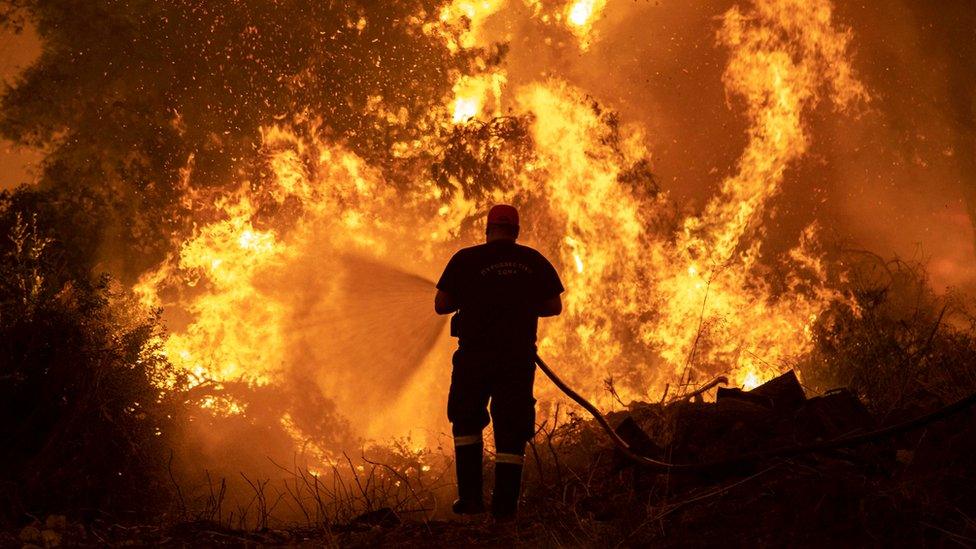Climate change: Children don't feel listened to says Unicef
- Published
- comments
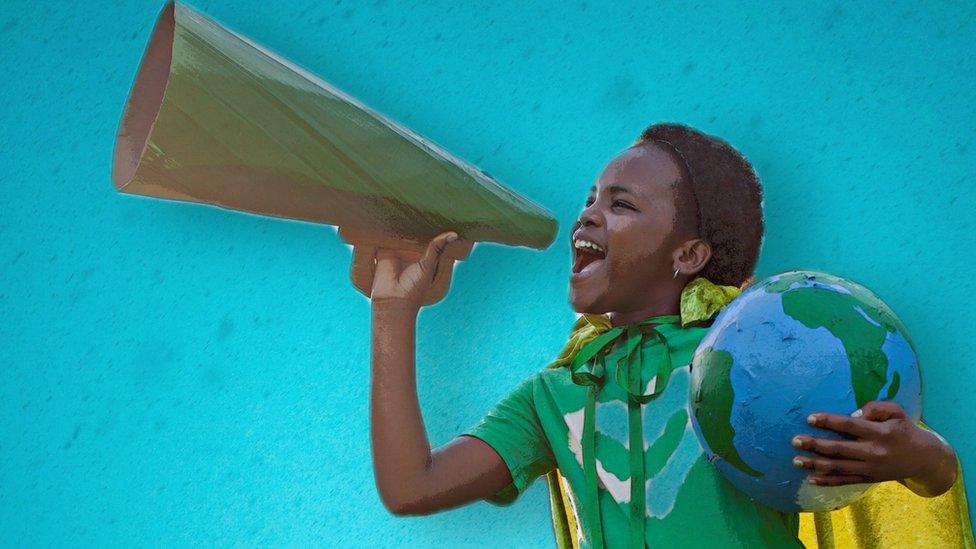
Almost nine out of ten children don't think enough is being done to tackle climate change and 81% don't feel they are being listened to - that's according to a new survey.
The survey results published by Unicef UK and Votes for Schools, an organisation that aims to give children a voice on important issues, have been released ahead of the COP26 climate change summit - a meeting between world leaders due to start in Glasgow next week.
More than 46 thousand children took part in the survey and when asked who is most responsible for tackling the climate crisis, it was world leaders and their governments who received the highest percentage of votes (35%).
One child aged 14 from London said: "Children have to live with the mistakes of adults, their wrongs and opinions. But as we grow-up we as a generation understand what is going on with the world and should have a valid say."
Are adults listening to young people and do protests work? (2020)
Climate anxiety
In the survey 95% of young people said they are worried about the impact climate change is having on the planet.
Anna Kettley from Unicef UK said: "Young people are anxious about the future we're leaving them."
Among the things that children are worried about were animal species becoming extinct, extreme weather and poor air quality.
Climate Anxiety: Five tips to deal with your worries about climate change
Unicef recently launched the Children's Climate Risk Index, which revealed that one billion children, which is over half of the world's child population, live in areas at high risk of climate and environmental problems, such as flooding and severe weather.
In Britain the three biggest climate risk factors for the future are coastal floods, heatwaves and water and soil pollution.
One child aged 11 years from Scotland who took part in the survey said: "It can change the right to go outside and the right to a healthy amount of water.
The Earth is heating up, which will cause shortages of water in some areas and flooding in others, climate change needs to be helped. It needs attention and it needs it as soon as possible!"
WATCH: Greta's advice to Newsround viewers (Courtesy of BBC/PBS/Hulu, available to UK users only)
Ahead of COP26, Unicef UK is now asking the government to sign something called the Intergovernmental Declaration on Children Youth and Climate Action, a promise to take action to protect every child from the impact of climate change while focusing on young people in decisions about the environment.
"Unless this crisis is treated with the urgency it deserves by every government at COP26, children in the UK will grow up in a very different environment than we did - a hotter, wetter, more polluted Britain," Anna Kettley said.
• Talk to an adult you trust if you feel your worries about climate change are affecting your life too much and making you unhappy
• Be involved in positive change - small efforts can make a difference and if you can't control the rest of the world it's easier to control what you do in your life! This might include walking, cycling and taking public transport to get around, and thinking about sustainability in your own life.
• Join a campaign group or work with friends to build support for causes you believe in - it's great to work with others and have their support. Joining groups also provides a voice for people concerned about the changing climate
• Encourage your school or family to be more eco-friendly. Seeing the ways you can influence others can help you feel more optimistic about making a difference.
• Don't compare yourself to others! Not everyone can campaign on a world stage like Greta Thunberg and you don't need to feel guilty for not doing as much as her. You can make changes in your own life and the lives of those around you and make a positive impact that way.
- Published20 August 2021
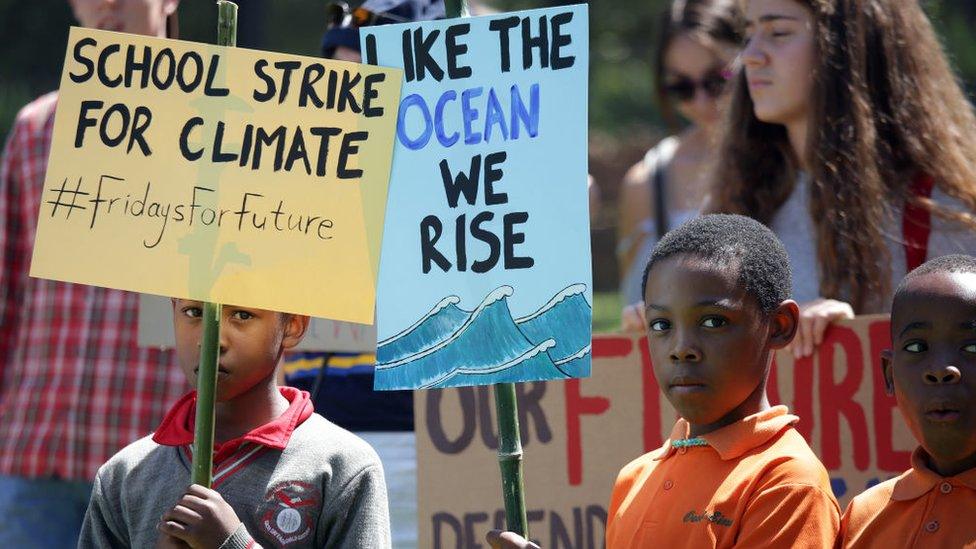
- Published9 April 2021
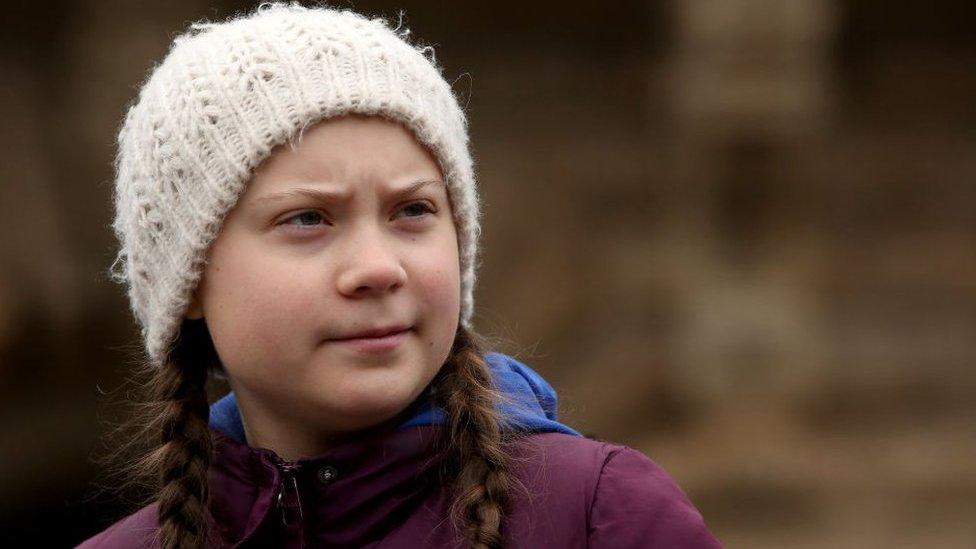
- Published3 March 2020
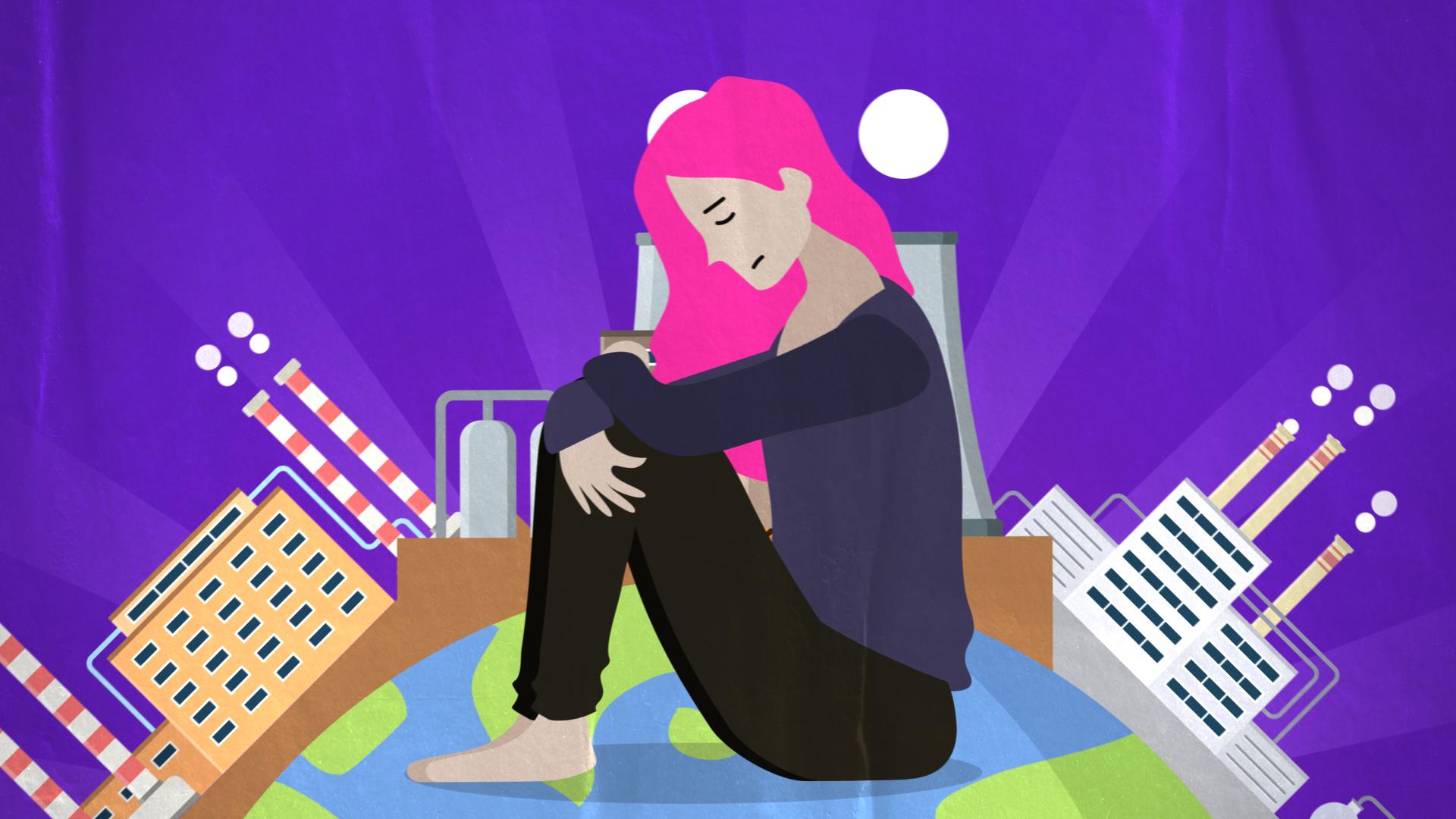
- Published9 August 2021
